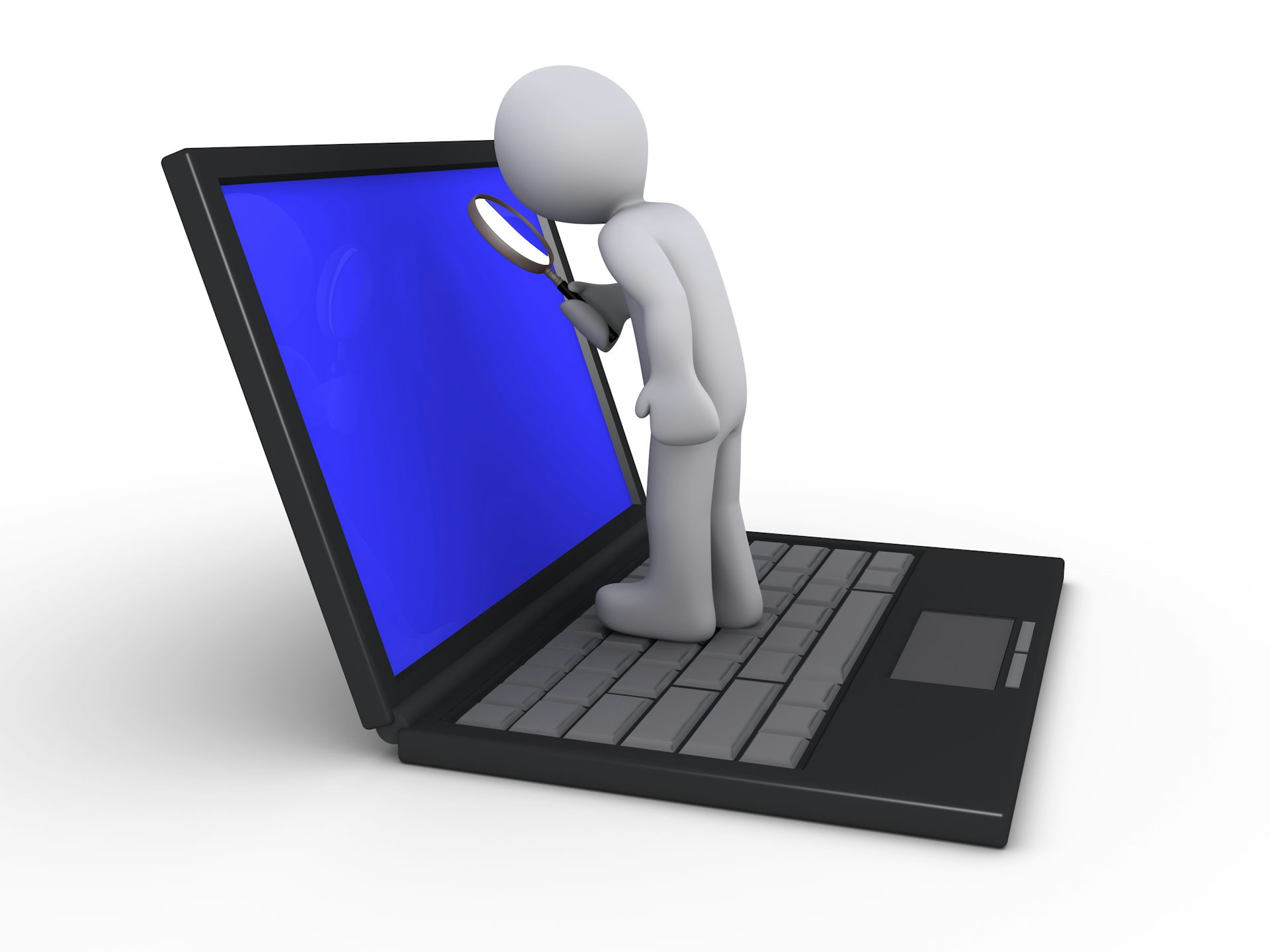
They use computers for illegal purposes, to vandalize systems, or to gain unauthorized access to resources.
Pc hacking monitoring software software#
Hackers take advantage of vulnerabilities in computer software and operating systems. Antivirus software is available at no cost for Windows and Macintosh computers.
Never open email attachments from people you don't know.  Follow the steps in the Safe Computing for Students and Safe Computing for Faculty and Staff sections of this website. Protect yourself from harmful email attachments by taking the following steps: Spyware: malware used to capture user IDs, passwords, and other sensitive information typed from your keyboard. Botnet: malware that uses a computer for inappropriate purposes, turning the compromised computer into a "zombie computer." Botnet can be used for activities such as sending out spam emails and launching denial of service attacks against other computers. When a user opens the file, the malware is launched and infects the computer. Trojan horses: malware disguised as a normal computer file or program, such as an image, music file, spreadsheet or word document. Rootkits: tools used by hackers that are hidden on a computer and used to maintain remote access and control of the computer. Worms: malware that spreads through network connections.
Follow the steps in the Safe Computing for Students and Safe Computing for Faculty and Staff sections of this website. Protect yourself from harmful email attachments by taking the following steps: Spyware: malware used to capture user IDs, passwords, and other sensitive information typed from your keyboard. Botnet: malware that uses a computer for inappropriate purposes, turning the compromised computer into a "zombie computer." Botnet can be used for activities such as sending out spam emails and launching denial of service attacks against other computers. When a user opens the file, the malware is launched and infects the computer. Trojan horses: malware disguised as a normal computer file or program, such as an image, music file, spreadsheet or word document. Rootkits: tools used by hackers that are hidden on a computer and used to maintain remote access and control of the computer. Worms: malware that spreads through network connections. 
Viruses: malware that spreads from computer disks, CD-ROMs, and other storage media.There are many types of malware, including: Malware is a shortened term for "malicious software." Malware is software designed to infiltrate or damage a computer without the owner's consent or knowledge. Sometimes these attachments contain destructive viruses, Trojan horses, or spyware, sent intentionally by someone who intends to cause harm or steal sensitive personal information. Every day you receive email messages with attached documents, photos, or other electronic files.






 0 kommentar(er)
0 kommentar(er)
